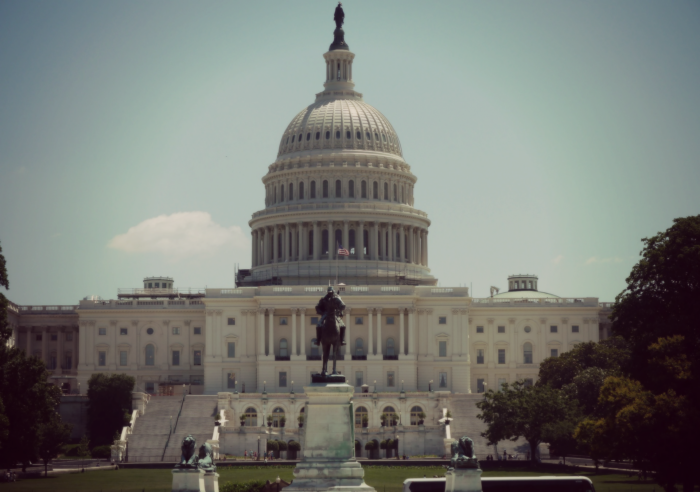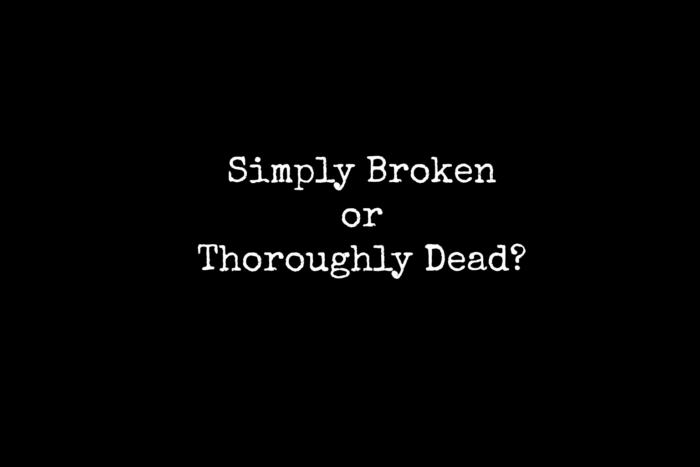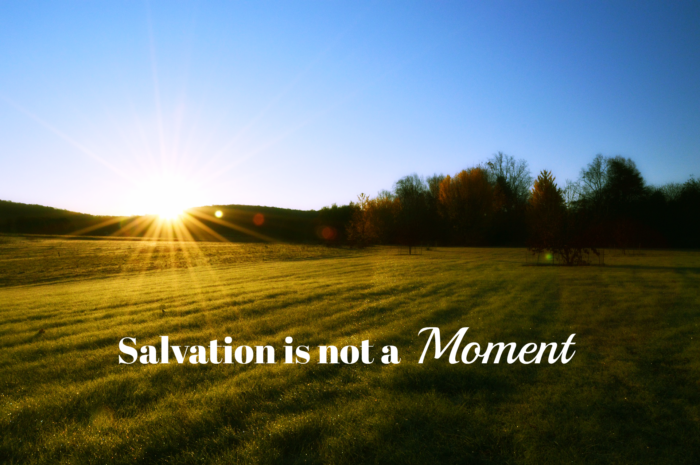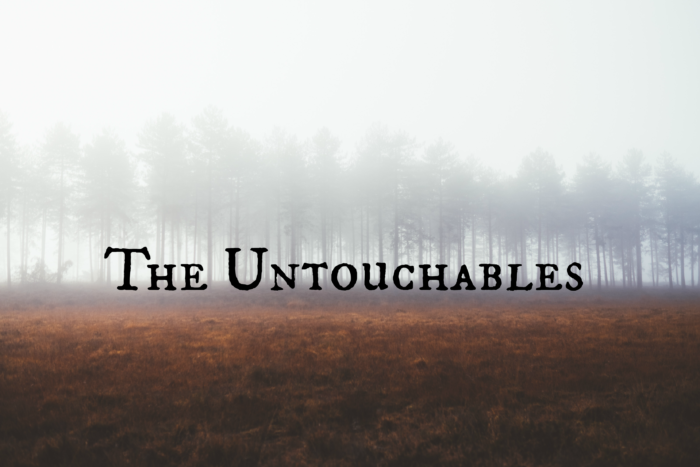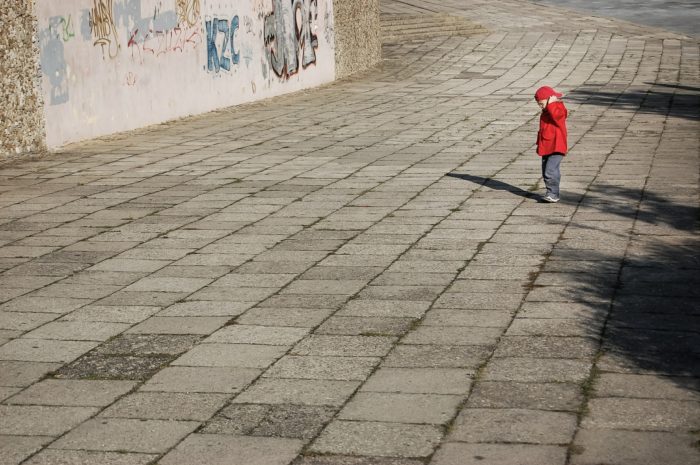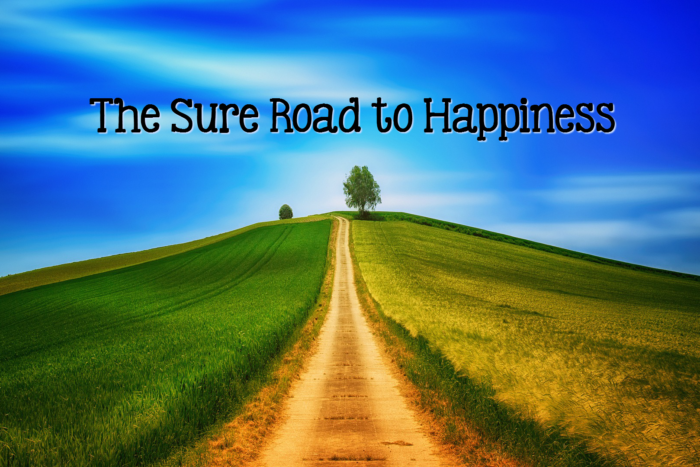
What is the sure road to happiness? This is a worthwhile question because there seems to be so little true happiness in this world. Even church-goers and those who claim Christ do not seem to show any real happiness (as opposed to fleeting merriment).
In my last post I shared with you a portion from Home Truths by J.C. Ryle which was about the counterfeit shortcuts we often try to take to happiness. They are many and we are all–even us Christians–guilty of turning off onto one of these shortcuts on occasion. But Ryle, in the next chapter, tells us about the sure road to happiness.
What he writes may go against all that the world says. It may even go against what the mainstream church is teaching these days. But should we be surprised at that?
One of the things I have often marveled at is that true happiness and true sense of purpose comes from yielding our lives to the Lord. What we most dread doing and often live in rebellion against is the one thing that will give us peace. It is a wonderful thing that what most pleases the Lord is what brings us true happiness! How kind of the Lord to create us in this way. True, unhindered surrender, submission, and obedience brings a very real happiness that no man can take away. This is an amazing truth from God’s Word that is so little spoken of today.
But I am jumping ahead of Ryle. Let’s see what he has to say–
(In order to keep this post from being too long, I had to cut out a bit of it. To read the entire chapter–which I highly recommend–you can purchase the book here. I get no proceeds from any purchases but simply want to let you know where to find it in case you want to read it.)
There is a sure path which leads to happiness, if men will only take it. There never lived the person who travelled in that path, and missed the object that he sought to attain.
It is a path open to all. It needs neither wealth, nor rank, nor learning, in order to walk in it. It is for the servant as well as for the master. It is for the poor as well as for the rich. None are excluded but those who exclude themselves.
It is the one only path. All that have ever been happy since the days of Adam have journeyed on it. There is no royal road to happiness. Kings must be content to go side by side with their humblest subjects, if they would be happy.
Reader, where is this path?
Where is this road? Listen and you shall hear. The way to be happy is to be a real, thorough-going, true-hearted Christian. Scripture declares it. Experience proves it. The converted man, the believer in Christ, the child of God, he and he alone is the happy man. It sounds too simple to be true. It seems at first sight so plain a receipt that it is not believed. But the greatest truths are often the simplest. The secret which many of the wisest on earth have utterly failed to discover, is revealed to the humblest believer in Christ. I repeat it deliberately, and defy the world to disprove it. The true Christian is the only happy man.
What do I mean when I speak of a true Christian? Do I mean everybody who goes to church or chapel? Do I mean everybody who professes an orthodox creed, and bows his head at the belief? Do I mean everybody who professes to love the Gospel? No! indeed! I mean something very different. All are not Christians who are called Christians. The man I have in view is the Christian in heart and life. He who has been taught by the Spirit really to feel his sins—he who really rests all his hopes on the Lord Jesus Christ, and His atonement—he who has been born again, and really lives a spiritual, holy life—he whose religion is not a mere Sunday coat, but a mighty constraining principle, governing every day of his life—he is the man I mean, when I speak of a true Christian.
“What do I mean when I say the true Christian is happy? Has he no doubts and no fears? Has he no anxieties and no troubles? Has he no sorrows and no cares? Does he never feel pain and shed no tears? Far be it from me to say anything of the kind. He has a body weak and frail like other men. He has affections and passions like every one born of woman. He lives in a changeful world. But deep down in his heart he has a mine of solid peace and substantial joy which is never exhausted. This is true happiness.”
—————————————-
Do I say that real true Christians are equally happy at all times? No! not for a moment. All have their ebbs and flows of comfort; some like the Mediterranean sea, almost insensibly—some like the tide at Chepstow, fifty or sixty feet at a time. Their bodily health is not always the same. Their earthly circumstances are not always the same. The souls of those they love fill them, at seasons, with special anxiety. They themselves are sometimes overtaken by a fault, and walk in darkness. They sometimes give way to inconsistencies and besetting sins, and lose their sense of pardon. But as a general rule, the true Christian has a deep pool of peace within him, which even at the lowest is never entirely dry.[2] The true Christian is the only happy man, because his conscience is at peace. That mysterious witness for God, which is so mercifully placed within us, is fully satisfied and at rest. It sees in the blood of Christ a complete cleansing away of all its guilt. It sees in the priesthood and mediation of Christ a complete answer to all its fears. It sees that, through the sacrifice and death of Christ, God can now be just, and yet be the justifier of the ungodly. It no longer bites and stings and makes its possessor afraid of himself. The Lord Jesus Christ has amply met all its requirements.
Conscience is no longer the enemy of the true Christian, but his friend and adviser. Therefore he is happy.
The true Christian is the only happy man, because he can sit down quietly and think about his soul. He can look behind him and before him, he can look within him and around him, and feel, “all is well.”—He can think calmly on his past life, and however many and great his sins, take comfort in the thought that they are all forgiven. The righteousness of Christ covers all, as Noah’s flood over-topped the highest hills—He can think calmly about things to come, and yet not be afraid. Sickness is painful. Death is solemn. The judgment day is an awful thing. But having Christ for him, he has nothing to fear—He can think calmly about the Holy God whose eyes are on all his ways, and feel “He is my Father, my reconciled Father in Christ Jesus. I am weak. I am unprofitable. Yet in Christ He regards me as His dear child, and is well pleased.” Oh! what a blessed privilege it is to be able to think, and not be afraid! I can well understand the mournful complaint of the prisoner in solitary confinement. He had warmth, and food, and clothing, and work, but he was not happy. And why? He said, “he was obliged to think.”
The true Christian is the only happy man, because he has sources of happiness entirely independent of this world. He has something which cannot be affected by sickness and by deaths, by private losses and by public calamities, the peace of God which passeth all understanding. He has a hope laid up for him in heaven. He has a treasure which moth and rust cannot corrupt.
He has a house which can never be taken down. His loving wife may die, and his heart feel rent in twain. His darling children may he taken from him, and he may he left alone in this cold world. His earthly plans may be crossed. His health may fail. But all this time he has a portion which nothing can hurt. He has one friend who never dies. He has possessions beyond the grave, of which nothing can deprive him. His nether springs may fail, but his upper springs are never dry. This is real happiness.
The true Christian is happy, because he is in his right position. All the powers of his being are directed to right ends. His affections are not set on things below, but on things above. His will is not bent on self-indulgence, but is submissive to the will of God. His mind is not absorbed in wretched perishable trifles. It desires useful employment. It enjoys the luxury of doing good—Who does not know the misery of disorder? Who has not tasted the discomfort of a house, where everything and everybody are in their wrong places, the last things first and the first things last? The heart of an unconverted man is just such a house. Grace puts everything in that heart in its right position. The things of the soul come first, and the things of the world come second. Anarchy and confusion cease. Unruly passions no longer do each one what is right in his eyes. Christ reigns over the whole man and each part of him does his proper work. The new heart is the only really light heart, for it is the only heart that is in order—The true Christian has found out his place. He has laid aside his pride and self-will. He sits at the feet of Jesus, and is in his right mind. He loves God and loves man, and so he is happy. In heaven all are happy, because all do God’s will perfectly. The nearer a man gets to this standard the happier he will be.
Ah! reader, the plain truth is, that without Christ there is no happiness in this world. He alone can give the Comforter who abideth for ever. He is the sun; without Him men never feel warm. He is the light; without Him men are always in the dark. He is the bread; without Him men are always starving. He is the living water; without Him men are always athirst. Give them what you like—place them where you please—surround them with all the. comforts you can imagine—it makes no difference. Separate from Christ, the Prince of Peace, a man cannot be happy.
Give a man a sensible interest in Christ, and he will be happy in spite of poverty. He will tell you that he wants nothing that is really good. He is provided for. He has riches in possession, and riches in reversion. He has meat to eat that the world knows not of. He has friends who never leave him nor forsake him. The Father and the Son come to him, and make their abode with him. The Lord Christ sups with him, and he with Christ. (Revelation 3:20) Give a man a sensible interest in Christ, and he will be happy in spite of sickness. His flesh may groan and his body be worn out with pain, but his heart will rest and be at peace. One of the happiest people I ever saw was a young woman, who had been hopelessly ill for many years with disease of the spine. She lay in a garret without a fire. The straw thatch was not two feet above her face. She had not the slightest hope of recovery: but she was always rejoicing in the Lord Jesus. The spirit triumphed mightily over the flesh. She was happy, because Christ was with her.[3]
Give a man a sensible interest in Christ, and he will be happy in spite of abounding public calamities. The government of his country may be thrown into confusion. Rebellion and disorder may turn everything upside down. Laws may be trampled under foot. Justice and equity may be outraged. Liberty may be cast down to the ground. Might may prevail over right. But still his heart will not fail. He will remember that the kingdom of Christ will one day be set up. He will say like the old Scotch minister who lived unmoved throughout the turmoil of the first French revolution: “It is all right: it shall be well with the righteous.”
Reader, I know well that Satan hates the doctrine which I am endeavouring to press upon you. I have no doubt he is filling your mind with objections and reasonings, and persuading you that I am wrong. I am not afraid to meet these objections face to face. Let us bring them forward and see what they are.
You may tell me that “you know many very religious people who are not happy at all.” You see them diligent in attending public worship. You know that they are never missing at the sacrament of the Lord’s Supper. But you see in them no marks of the peace which I have been describing.
But are you sure ‘ that these people you speak of are true believers in Christ? Are you sure that with all their appearance of religion they are born again and converted to God? Is it not very likely that they have nothing but the name of Christianity without the reality, and a form of godliness without the power? Alas! reader, you have yet to learn that people may do many religious acts and yet possess no saving religion. It is not a mere formal, ceremonial Christianity that will ever make people happy. We want something more than going to church, and going to sacrament to give us peace. There must be real vital union with Christ. It is not the formal Christian, but the true Christian, that is the happy man.
You may tell me, that “you, know really spiritually-minded and converted people who do not seem happy.” You have heard them frequently complaining of their own hearts, and groaning over their own corruption. They seem to you all doubts and anxieties and fears. And you want to know, where is the happiness in these people of which I have been saying so much?
I do not deny that there are many saints of God such as these whom you describe, and I am sorry for it. I allow that there are many believers who live far below their privileges, and seem to know nothing of joy and peace in believing. But did you ever ask any of these people, whether they would give up the position in religion they have reached, and go back to the world? Did you ever ask them, after all their groanings, and doublings, and fearings, whether they think they would be happier, if they ceased to follow hard after Christ? Did you ever ask these questions? I am ‘ certain if you did, that the weakest and lowest believers would all give you one answer. I am certain they would tell you that they would rather cling to their little scrap of hope in Christ, than possess the world. I am sure they would all answer, “Our faith is weak, if we have any—our grace is small, if we have any—our joy in Christ is next to nothing at all—but we cannot give up what we have got. Though the Lord slay us, we must cling to Him.” Ah! reader, the root of happiness lies deep in many a poor weak believer’s heart, when neither leaves nor blossoms are to be seen.
————————————–
{Now} let me offer a few hints to all true Christians for the increase and promotion of their happiness. I offer these hints with diffidence. I desire to apply them to my own conscience as well as to your’s. You have found Christ’s service happy. I have no doubt that you feel such sweetness in Christ’s peace, that you would fain know more of it. I am sure that these hints deserve attention.
Believers, if you would have an increase of happiness in Christ’s service, labour every year to grow in grace. Beware of standing still. The holiest men are always the happiest. Let your aim be every year to be more holy, to know more, to feel more, to see more of the fulness of Christ. Best not upon old grace. Do not be content with the degree of religion whereunto you have attained. Search the Scriptures more earnestly. Pray more fervently. Hate sin more. Mortify self-will more. Become more humble the nearer you draw to your end. Seek more direct personal communion with the Lord Jesus. Strive to he more like Enoch, daily walking with God. Keep your conscience clear of little sins. Grieve not the Spirit. Avoid wranglings and disputes about the lesser matters of religion. Lay more firm hold upon those great truths, without which no man can be saved. Remember and practise these things, and you will be more happy.
Believers, if you would have an increase of happiness in Christ’s service, labour every year to be more thankful. Pray that you may know more and more what it is to “rejoice in the Lord.” Learn to have a deeper sense of your own wretched sinfulness and corruption, and to be more deeply grateful, that by the grace of God you are what you are. Alas! there is too much complaining and too little thanksgiving among the people of God. There is too much murmuring and poring over the things that we have not. There is too little praising and blessing for the many undeserved mercies that we have. Oh! that God would pour out upon us a greater spirit of thankfulness and praise!
Believers, if you would have an increase of happiness in Christ’s service, labour every year to do more good. Look round the circle in which your lot is cast, and lay yourself out to be useful. Strive to be of the same character with God. He is not only good but “doeth good.” Alas! there is far too much selfishness among believers in the present day. There is far too much lazy sitting by the fire, nursing our own spiritual diseases, and croaking over the state of our own hearts. Up! and be useful in your day and generation! Is there no one in all the world that you can read to? Is there no one that you can speak to? Is there no one that you can write to? Is there literally nothing that you can do for the glory of God, and the benefit of your fellow men? Oh! I cannot think it, I cannot think it. There is much that you might do, if you had only the will. For your own happiness sake, arise and do it without delay. The bold, outspeaking, working Christians are always the happiest. The more you do for God the more God will do for you. Reader, I ask you to ponder the things I have been saying. May you never rest till you can give a satisfactory answer to my question, ARE YOU HAPPY?
Reader, if you are able to answer my question satisfactorily, I ask you never to forget that great decision in Christ’s service is the secret of great happiness. The compromising, lingering Christian must never expect to taste perfect peace. THE MOST DECIDED CHRISTIAN WILL ALWAYS BE THE HAPPIEST MAN.
Ryle, J.C. . Home Truths. E4 Group. Kindle Edition.


